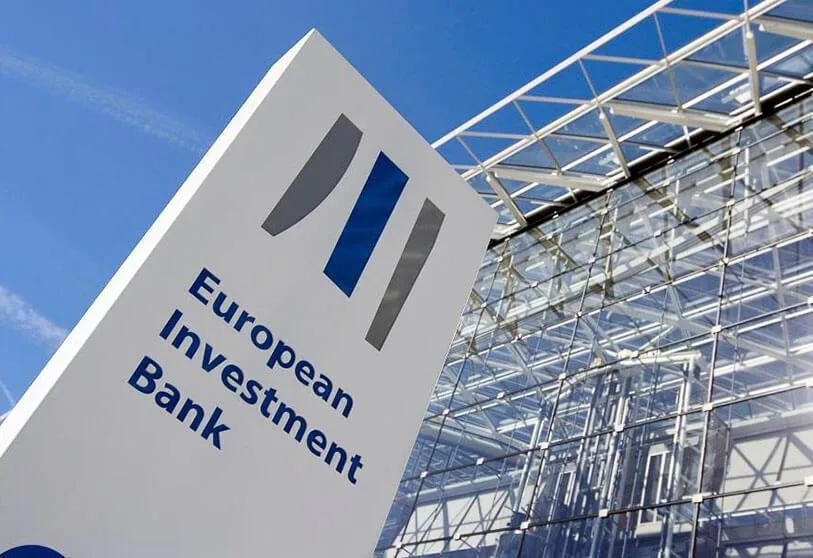Brussels – Greta, international commitments, the Green New Deal promoted and promised by the new European Commission, the “institutional” enthusiasm shown for a “green” turning point in growth fall at the first opposition of European governments?
On September 25th, European governments approved by majority the introduction of a system of classification (the so-called “taxonomy”) for financial activities and investments that comply with a set of environmental sustainability requirements, but have also decided to postpone two and a half years at the end of 2022 the application of this classification for financial products that aspire to be promoted as “sustainable”. The date initially scheduled by the Commission was July 1st 2020. The fault seems to be related with different point of view on coal and nuclear power.
“Standing at what it was reported, some governments would have asked to include in the definition of sustainable investments also those in nuclear power and in “clean” coal. This is the reason why everything has stopped. A bad setback. If funding for nuclear and coal plants will really be considered acceptable for financial products that want to be defined as sustainable, then we will have a substantial weakening of all the legislation”. It is disappointed, even a little angry, Andrea Baranes, vice president of Banca Etica, who has been following the work towards the common definition in Brussels for years.
After years of work, everything seems to stop right at the finish line, when it seemed made…
There is a responsibility of single governments in this postponement. Already when we started, years ago, trying to find a definition for sustainable finance, we accepted to limit the work only to the impacts of finance on environment and climate, because they told us that only on these issues there was sufficient consensus to reach a goal, which we could not have achieved if we had wanted to regulate other crucial issues such as derivatives or tax havens. It was very limited. Finance, obviously, is has huge impacts not only on climate but also on our welfare and living condition, but together with other European ethical banks we accepted, thinking: “at least this is done”. We could not instead accept a dilution such as to make the legislation largely useless”.

But is it possible that a work that had been going on for years, on which a broad consensus had apparently been reached, stopped right at the end, one step away from the goal? Wouldn’t there have been a bad faith on the part of someone?
The doubt is legitimate. The work has been blocked, I repeat, by governments that have bent to mere local interests in nuclear and coal. But if everyone think only of their immediate interests, the whole process will stop. We do not want to give up, we will continue with our advocacy work, we will follow step by step what will happen. But the point remains that coal and nuclear are not sustainable at all. It doesn’t have to end this way. Also because limiting and diluting ethical finance means disarming and stopping the Green New Deal, on which the new European Commission has centered its work program.
What do you need to strengthen your position?
We need people and institutions to be fully aware of how influential the finance sector is: it determines the economic development, but still not all those who want to protect the planet realize this. People often tend to analyze how a single company produces, which is right but is not enough. Industrial production is only the end of the path, which is indicated by the financial system rather than the industrial one. It is not only public finance choices that drive investments, but also private ones, where individual citizens/investors must be able to act in order to have their say on how their savings are used.











![il viceministro per le Imprese e del Made, Valentino Valentini, insieme ai colleghi di Cipro, Danimarca, Francia, Grecia, Slovenia e Spagna [Lussemburgo, 6 giugno 2025]](https://www.eunews.it/wp-content/uploads/2025/06/valentini-120x86.jpeg)

![Sit-in della comunità ucraina in Italia [foto: Paolo Cerroni/imagoeconomica]](https://www.eunews.it/wp-content/uploads/2025/06/Imagoeconomica_1746110-120x86.jpg)